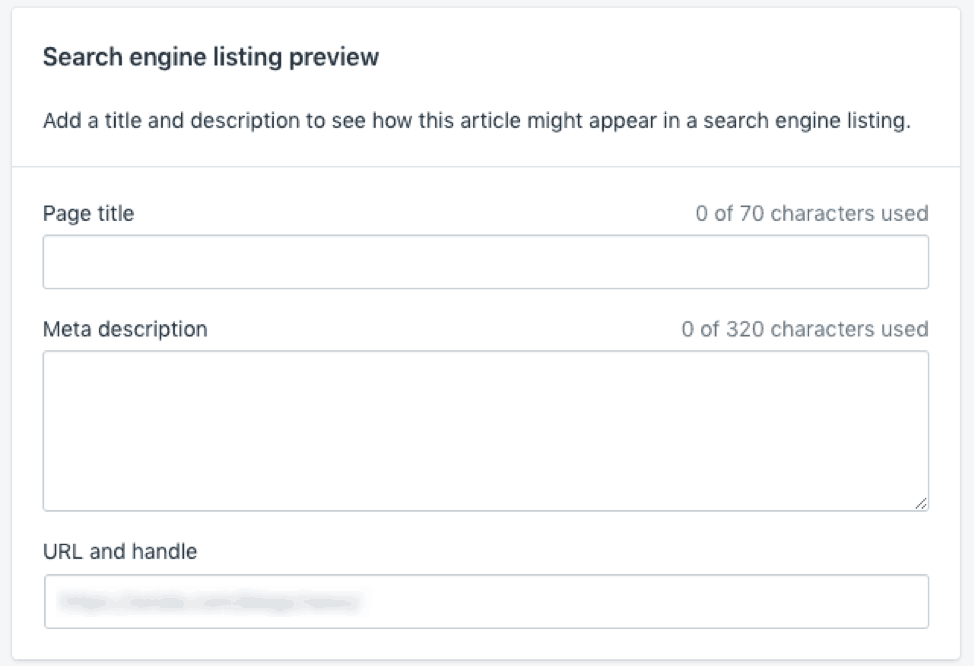10 Best Content Management Systems
Maintaining an effective and well-designed website requires regular updates to stay relevant to your consumer. For your website to truly work with your marketing and SEO strategies, you should be ready to make changes in an instant. Luckily, with the use of content management systems, these updates are a breeze.
Content management systems (CMS) are used to distribute digital content across your site. This includes updating and maintaining graphics, changing up your site’s design, adding more content, and even tweaking your site’s code. This comes in handy especially when you’re trying to stay abreast of Google’s constant SEO updates.
This sounds like an ideal website management dream, right? To help you choose the most well-suited platform for your website, we’ve put together our top 10 content management systems.
10 Content Management Systems for Your Website
WordPress
WordPress is well loved for its high-quality customisations, ease of use, and an abundance of plugins. When it comes to our clients’ websites, we always recommend WordPress.
With WordPress, updating your content, publishing your latest blog post and pages is possible at a click of a button. Not only is WordPress fantastic for website design but it’s a leader in SEO optimisation. We’d recommend using Yoast to make the most out of WordPress’s SEO capabilities.

Pros:
- Best for SEO
- Intuitive content management choices
- The easy-to-use editor that helps format content quickly
- A long list of plugins and themes to suit your website’s capabilities
Drupal
If scalability and security are what you’re after, then Drupal is for you! This system has everything you need for your blogging, e-commerce, and communication needs. Drupal is equipped to manage blogs, polls, video content, and networking pages for you to connect with your audience. Unlike WordPress, Drupal will require you to have some knowledge of web development to get started.
Pros:
- Custom post creation and management
- Supports multilingual website content
- Leader in website security
Adobe Experience Manager
As with any service Adobe comes out with, you can always expect a certain level of expertise and finesse. The Adobe Experience Manager is no different. This platform brings together your CMS and digital asset needs under one roof with one management program.
As Adobe Experience Manager makes use of Adobe Creative Cloud, your website will be getting your marketing material out a lot faster while managing your channels in one place.
Pros:
Build and manage your mobile website from one place E-commerce capabilities that sync product information from your catalogue data Easy access to all of your marketing campaigns for a fast release
Shopify
The discussion of whether or not Shopify is a CMS is debatable. However, even though Shopify is an e-commerce platform at its core, it still allows you to add and manage content on your website. Not only is it able to offer content management but it’s easy too!
If you’re looking to add extra content to your online store, Shopify is fully equipped as a blog platform. You can quickly add your products to your website and give them an extra boost with a blog post.

Pros:
- Self-hosting
- Automatic tax system
- Easy to manage orders
- SEO optimisations
SiteCore
SiteCore offers fully integrated customer experience management for your website and apps. This means that you can get insights on your content’s customer engagement levels and edit your content where necessary. What’s even better, SiteCore’s system allows you to manage how your content is delivered to your audience.
With personalisation marketing on the rise and its effect on SEO, using SiteCore could seriously come in handy.
Pros:
- Personalisation capabilities
- User tracking and analysis
- Content optimisation
HubSpot
HubSpot offers an all-in-one CMS solution for your website to ensure that content is fully optimised. With HubSpot, you can create attractive content that gets delivered to the right audience every time.
If lead generation is a big marketing goal of yours, you’ll love the full-service funnel HubSpot provides. You can create effective emails from their list of tailored templates and send them to an already connected and automatically updated contact list. You can also use the integrated analytics to see how your outreach strategy is performing.

Pros:
- Straight forward page design
- Built-in SEO services
- Offers testing on different devices and browsers
Magento
As a content management system, Magento works best as an e-commerce platform. It’s scalable, offers a number of effective extensions, and it’s completely flexible to suit your platform’s needs. You can choose to have Magento as your fully integrated CMS service or as a WordPress plugin.
HubSpot offers users a full control program. You can easily add store promotions, offer customer account management services, and even add customisable emails to your marketing strategy.
Pros:
- Great customer engagement features
- Catalogue-style browsing design
- Tons of marketing add-ons
Squarespace
Squarespace is an attractive platform due to its sophisticated templates, an easy to use CMS, and it has great SEO functionalities. The image-rich templates will captivate your audience and will bode well for your Google ranking too. After all, Google values good customer experiences! Pros:
- No separate web hosting
- Flexible page layout
- Basic CMS tools
Joomla!
While Joomla! may not be as user-friendly as WordPress, it’s a top contender when it comes to CMS capabilities. The easy to use interface acts as a library for your published content for you to control the quality and keep track of its progress. You also have control of different templates for different content which is great if you want to mix your website up based on the page’s purpose.
Pros:
- Multilingual support
- Equipped to handle SEO extensions
- Custom post type features
Spina CMS
This CMS is designed specifically for Ruby On Rails Developers. When it comes to SEO, we recommend using the Spina CMS tool. Spina is constantly being developed with the latest CMS add-ons. At the moment, using Spina enables you to add images to your post, including multilingual translations, and you get to manage your SEO metadata for each blog post.
However, you will be required to have a good background of coding to use this CMS.

Pros:
- Manages user types and permissions
- Drag-and-drop interface
- Built for SEO
Remember, whichever content management system you choose, it has to be able to support your digital marketing strategy! This can be done natively or through careful integration. If your CMS doesn’t support these marketing efforts, they will become fruitless.
